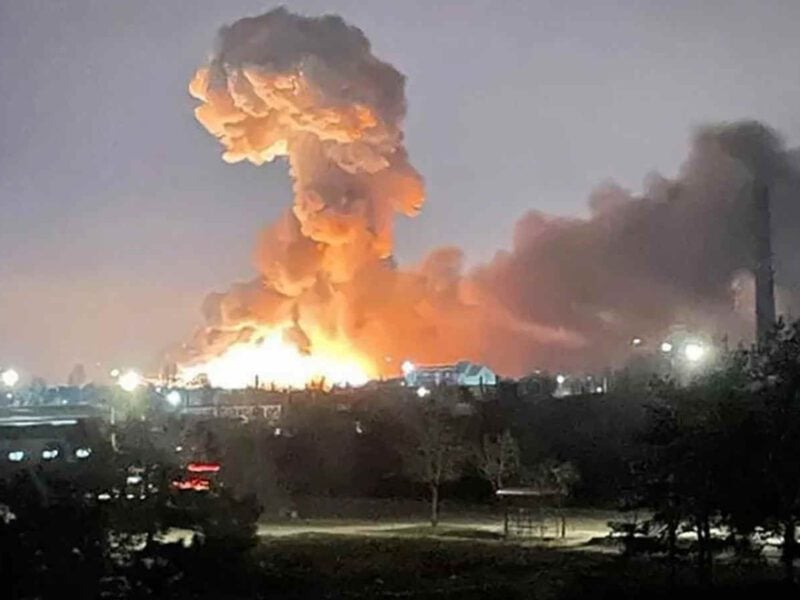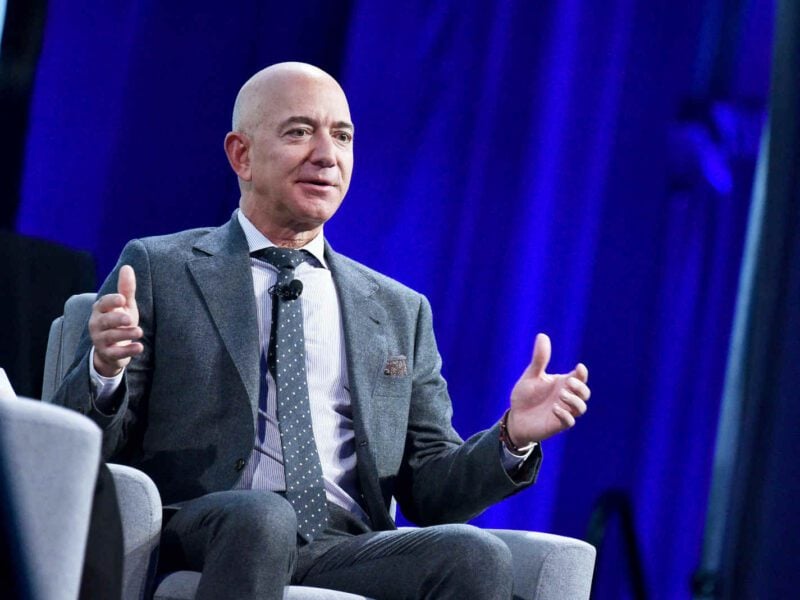
Is Amazon laundering money in India? This latest news says “yes”
With Amazon’s Jeff Bezos stepping down to explore his other investments, it looks like Amazon might be in some hot water for a long time. The global company is currently under an investigation for their work with multiple Indian sellers. Let’s take a look.

Amazon news
According to Reuters, in 2019, Amazon executive Jay Carney was getting ready for a meeting with the former press secretary of former U.S. President Barack Obama to discuss foreign direct investment regulations with India’s ambassador.
Before the meeting started in Washington D.C., some of Amazon’s employees prepped Jay Carney on all the aspects he should talk about and others he should avoid. This included the company’s $5.5 billion investment in India and how it benefited the country with approximately 400,000 Indian sellers.

Despite Amazon’s great investment into India, it seems Jay Carney was warned against speaking about thirty-three Amazon sellers who accounted for nearly one third of all the Amazon goods. He was especially advised not to break down the large Indian companies from India’s struggling local companies.
Per Reuters, the rest of the notes given to Jay Carney also included two merchants which Amazon had “indirect equity stakes” which brought Amazon over 400,000 traders, but some of these equity stakes accounted for thirty-five percent of Amazon’s more than 400,000 sellers which brought two-thirds of the conglomerate’s online sales.

Special treatment
It is unclear what Jay Carney spoke about in 2019, but we know that the meeting had many documents harmful to Amazon’s reputation thanks to Reuters. Amazon could face a huge problem with their corporate image after India’s government could find scrutiny with their so-called “growing market”.
Reuters reported Amazon has been favoring a small group of Indian sellers over the rest of the 400,000 sellers. This news meant the company believes in providing an equal platform for all, but is purely focusing on the biggest traders with the biggest forms of income.

Amazon’s Indian sellers big & small have been tricked into thinking that Amazon could actually benefit both. According to Reuters, “Amazon says it complies with Indian law, which stipulates that an e-commerce platform can only connect sellers to buyers for a fee” compared to in the U.S. where Amazon can be the perfect wholesaler.
However, Amazon has stated that they run a “transparent online marketplace” and all sellers are given the same treatment, but the 2019 documents have claimed that Amazon has actually helped some companies thrive compared to most through discounts and “special cut deals” with major tech companies across the globe including Apple Inc.
Not only has Amazon allegedly spoon fed some of the companies, they actually took control over some of the biggest sellers in India.
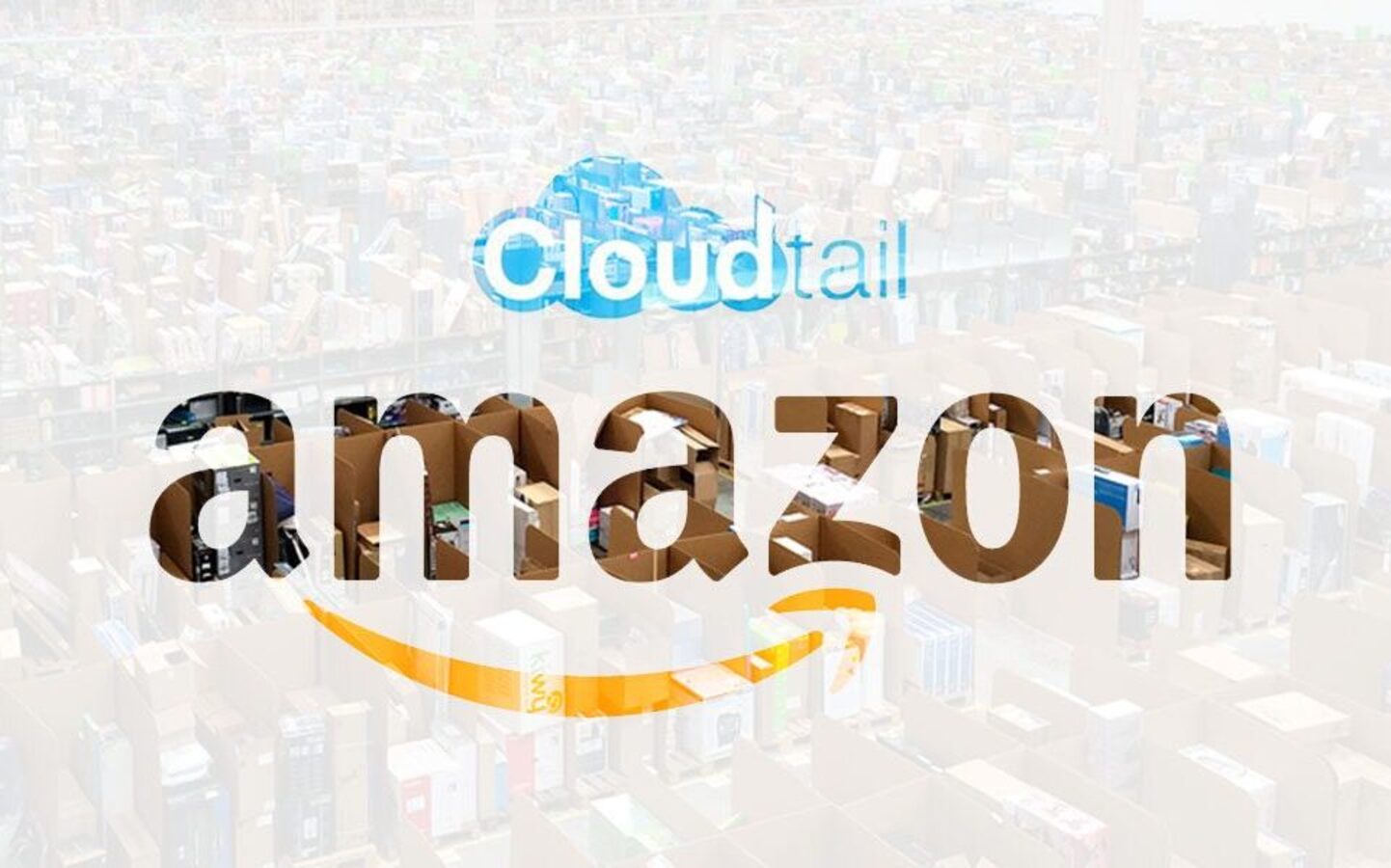
Amazon & Cloudtail
Back in 2014, Amazon was growing Cloudtail (India’s very own tech magnate) which was labelled as a “Special Merchant” (SM) from India. And in a 2015 Amazon report, they reportedly “helped SM quickly ramp up and gain scale through Q4. . . Launch, stabilize, grow Special Merchant; make it profitable.”
Reuters added that Amazon actually created deals with smartphone companies to create discounts for Cloudtail on their website which caused a major hit to India’s offline mobile sellers. Yikes!
Since then, the president of the All India Mobile Retailers Association stated: “There’s been a year-on-year decline in sales” in India’s brick-and-mortar shops since Amazon’s help with Cloudtail. Unfortunately Cloudtail & Amazon have not commented on the situation.

Is Amazon under control?
The 2019 documents sent to Reuters actually date back to 2012, including Amazon’s history of meetings, private emails, business reports, and more. Though Prime Minister Narendra Modi was determined to get India’s small businesses off the ground in Amazon’s 2019 meeting, Jay Carney was advised not to speak about the small number of Indian businesses with Amazon’s help. Sounds suspicious.
Previously, Amazon stated that their annual U.S. Securities & Exchange Commission disclosures comply with Indian Law and that there was no evaluation needed to be made. Despite Amazon’s attempt, the Indian government has reportedly started an investigation and stated that any violations will result in Amazon “being subject to fines and other financial penalties” or they would have to restructure or possibly shut down.
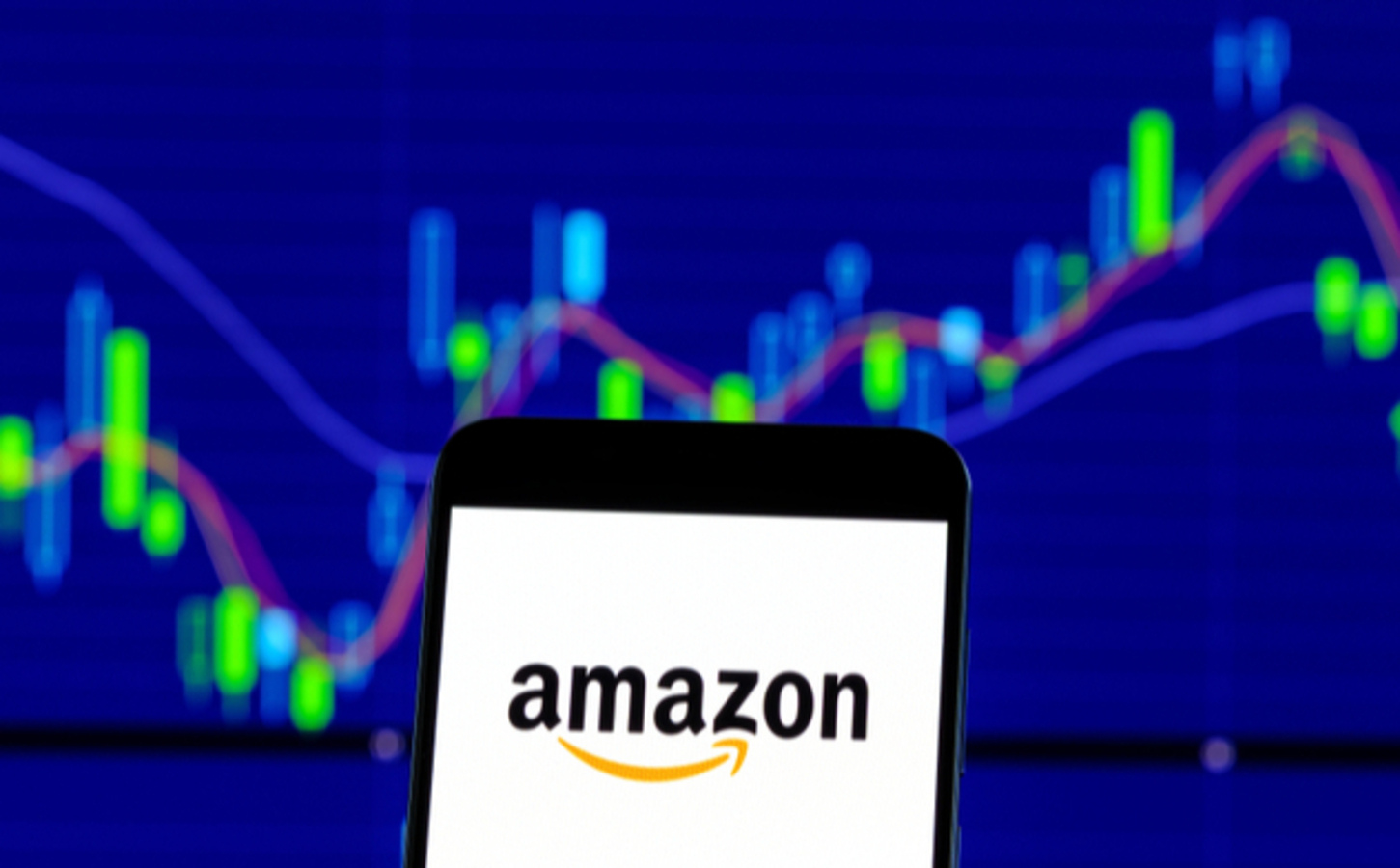
In the start of 2020, The Competition Commission of India released a statement in the news for the start of their evaluation for: “an exclusive launch of mobile phones by the e-commerce firms, promoting preferred sellers on their websites, deep discounting, and prioritizing some seller listings over others.”
On the other hand, Amazon is also getting investigated by India’s Enforcement Directorate which will look for any violations of foreign investment rules which might not become known to the public for years.
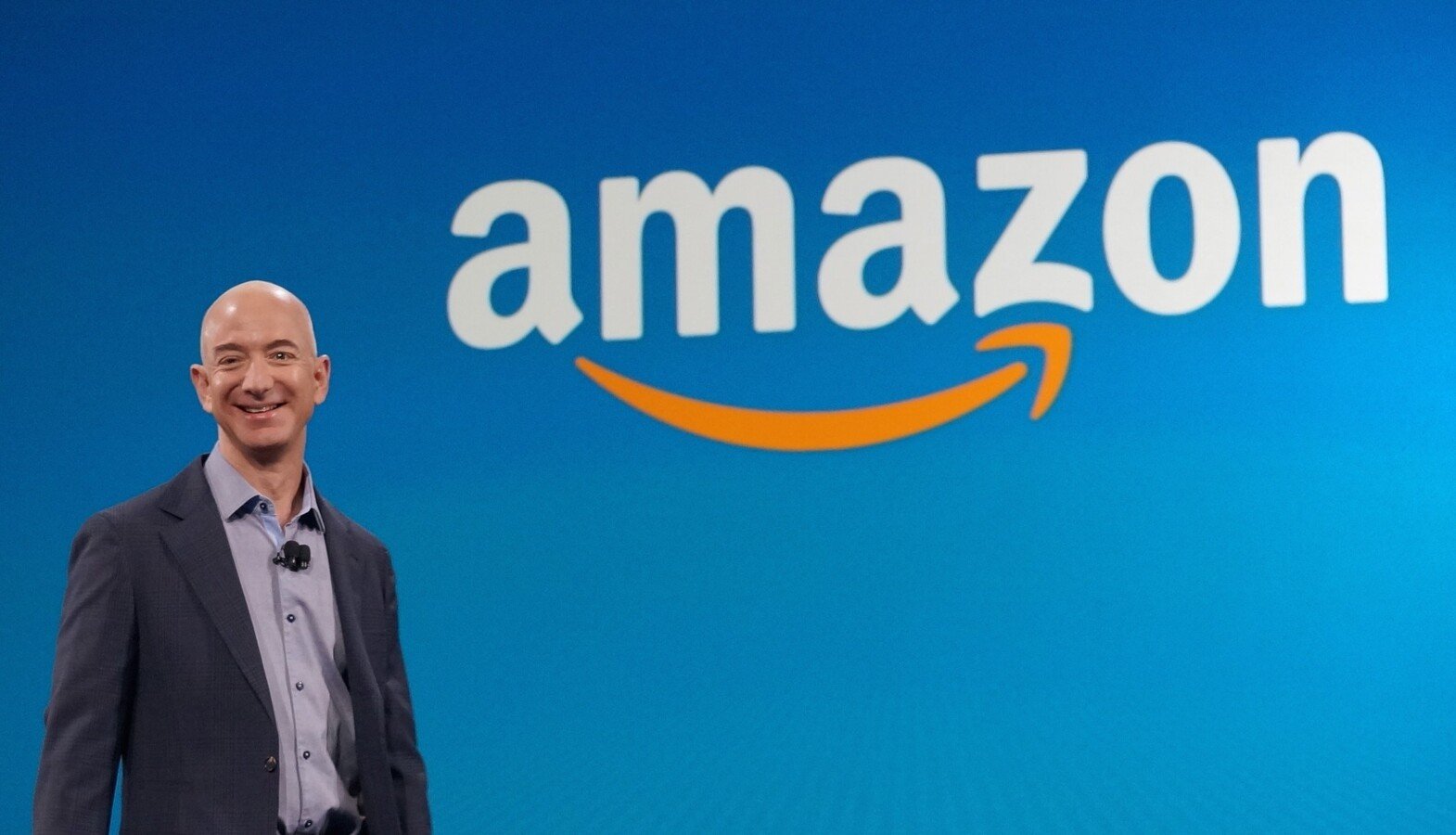
Amazon’s standing
Though most Amazon news has been about the loss of their CEO Jeff Bezos, recently they were asked about the multiple investigations against their work with Indian sellers but didn’t respond to any questions or provide any comment.
With Amazon being a global wholesaler for many, their reputation could be ruined if they are favoring some businesses over others, and according to Reuters, fifty-eight percent of their sales in physical goods from only third-party merchants. The company’s other sales aren’t even close to how much they need their external companies’ collaboration.
—
Do you think Amazon has been favoring some companies over others? Let us know what you think about this news in the comments below.






